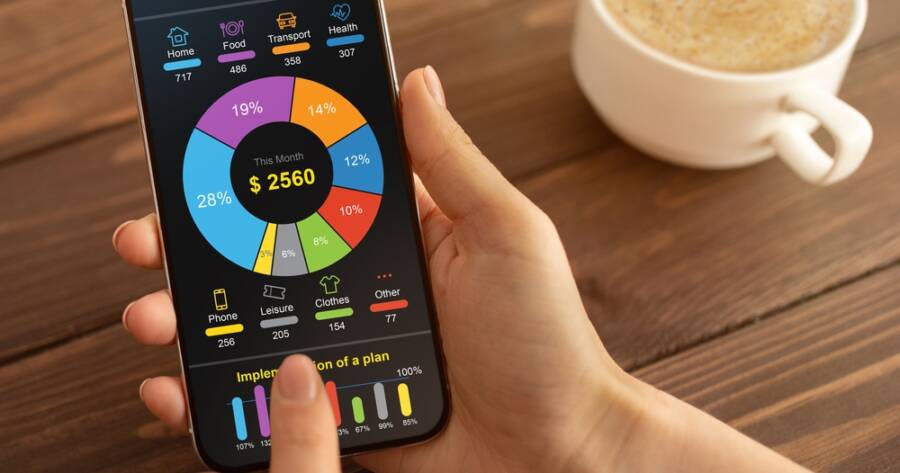Managing money well has never been more important. Between rising living costs, fluctuating income streams, and the constant temptation of one-click online shopping, staying financially organized can feel overwhelming. Thankfully, technology offers a wide range of tools to simplify the process. Budgeting apps allow you to track spending, set savings goals, and plan for the future—all from your phone. Choosing the right app can transform financial stress into financial confidence.
YNAB (You Need A Budget) – Best for Goal-Oriented Budgeting
YNAB takes a proactive approach to money management. Instead of just tracking what you’ve already spent, it encourages you to “give every dollar a job.” This method helps you assign income to specific categories—bills, savings, debt repayment, and more—so you always know where your money is going.
Its philosophy is designed to help users break the paycheck-to-paycheck cycle and build long-term wealth. YNAB offers detailed reporting tools, real-time syncing across devices, and helpful educational resources. While it requires a subscription, many users find the investment worthwhile because of the financial discipline it builds.
PocketGuard – Best for Overspenders
If you often wonder how much you can safely spend without sabotaging your budget, PocketGuard is a great fit. After connecting your accounts, it automatically calculates your income, bills, and savings goals to show you how much “pocket money” you have left for discretionary spending.
The app’s “In My Pocket” feature is especially useful for those prone to impulse purchases. By making it clear what’s safe to spend, PocketGuard helps curb overspending and encourages smarter daily money decisions. It also allows for simple goal tracking, such as saving for a vacation or paying off credit card debt.
Goodbudget – Best for Envelope Budgeting
For those who prefer a traditional approach, Goodbudget uses the digital envelope system. Instead of tracking every transaction automatically, you assign portions of your income into virtual envelopes (rent, groceries, entertainment, etc.). Each purchase is then logged manually, giving you greater awareness of where your money is going.
This manual element makes Goodbudget an excellent choice for couples who want to budget together. The app syncs across multiple devices, so both partners can see how much is left in each envelope. It’s less about automation and more about conscious money management.
Honeydue – Best for Couples
Money can be a sensitive subject in relationships, but Honeydue helps couples tackle finances together. It allows partners to share selected financial information—such as joint bills or savings goals—while still keeping certain accounts private if desired.
The app also has built-in messaging, making it easy to communicate about expenses in real time. Whether you’re splitting rent or saving for a shared goal, Honeydue promotes transparency and teamwork. Its customizable alerts help ensure bills are paid on time, reducing the likelihood of financial friction.
EveryDollar – Best for Dave Ramsey Fans
Created by personal finance expert Dave Ramsey, EveryDollar is built around his “zero-based budgeting” method, where every dollar is assigned a purpose. The app is simple to use, with drag-and-drop functionality for allocating money to categories.
The free version requires manual expense tracking, while the paid version connects to your bank accounts for automatic updates. For those already following Ramsey’s Baby Steps program, EveryDollar integrates seamlessly with his broader financial philosophy, making it a natural fit.
Choosing the Right App for You
The best budgeting app depends on your goals and financial habits. For disciplined budgeting, YNAB builds habits that last. PocketGuard helps overspenders stay in control, while Goodbudget appeals to those who value conscious spending. Investors will appreciate Personal Capital’s analysis tools, couples may find Honeydue strengthens financial communication, and Ramsey followers will feel right at home with EveryDollar.
No matter which tool you choose, the most important step is consistency. With regular use, these apps can turn financial uncertainty into clarity, helping you make smarter decisions, reduce stress, and stay on track toward your goals.

